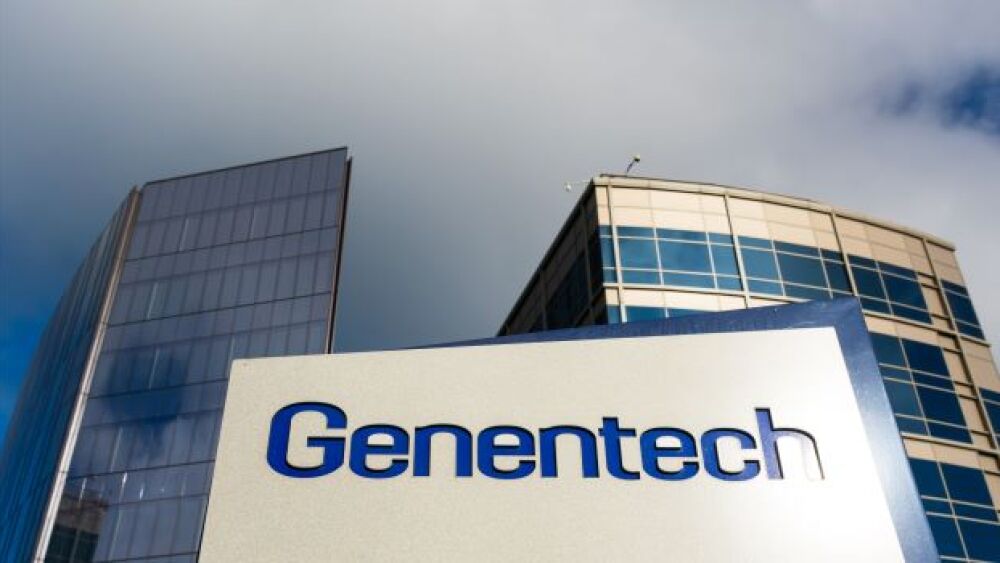Genentech announced that the FDA has green-lit the Venclexta classification and azicitidine combination as a Breakthrough Therapy Drug.
Michael Vi/Shutterstock
Genentech, the California-based biotechnology firm, has announced that the U.S. Food and Drug Administration has greenlit the classification of its Venclexta (venetoclax) and azicitidine combination as a Breakthrough Therapy Drug (BTD). The drug is designed to treat adults who had not received any form of therapy for intermediate, high- and very high-risk myelodysplastic syndromes (MDS), as defined by the International Prognostic Scoring System (IPSS-R).
According to a press release, the BTD designation was granted based on positive partial results from its Phase Ib M15-531 trial on patients with higher-risk MDS. A BTD is designed to accelerate the development and evaluation of new medicines to support treatment creation efforts for serious or life-threatening illnesses, specifically those that showed a higher efficacy over the currently being used drugs. This is Genentech’s 38th BTD for its medicine portfolio and 11th BTD for hematology.
MDS is a rare group of blood cancers that gradually disable the bone marrow from producing normal blood cells, eventually leading to anemia, weakness, debilitating fatigue, and frequent infections. When left unaddressed, MDS can progress into acute myeloid leukemia (AML). This illness affects around 10,000 people in the U.S. every year, and the median survival rate for those diagnosed with the higher-risk type is about 18 months.
“Higher-risk MDS is associated with poor prognosis, reduced quality of life, and limited treatment options. We are pleased that the FDA has granted Venclexta its sixth BTD in recognition of its potential to improve outcomes for people with MDS in combination with azacitidine,” said Levi Garraway, M.D., Ph.D., chief medical officer and head of global product development at Genentech.
Venclexta-based drug combinations have delivered positive outcomes for various types of blood cancers. In the US, Venclexta has the FDA’s approval for use on patients with previously untreated chronic lymphocytic leukemia (CLL), relapsed or refractory CLL, and previously untreated AML.
The drug is also approved to be used in combination with azacitidine, low-dose cytarabine, and decitabine to treat new AML patients at least 75 years old or who have comorbidities regardless of age. In the EU, they have the green light to treat new AML patients who might not be eligible for intense chemotherapy.
Venclexta is a targeted medicine that binds and inhibits the B-cell lymphoma-2 protein, which builds up in people with certain types of blood cancer. As BCL-2 builds up in one’s system, cancer cells become more resistant to death and self-destruction. Venclexta works to block this protein and helps to restore the natural apoptosis process.
The FDA’s decision was influenced mainly by preliminary results from the ongoing open-label, non-randomized, and dose-finding Phase 1b trial on M15-531. The main objective is to evaluate the drug’s safety profile and pharmacokinetics. Success at this phase will also trigger Phase II studies.
Venclexta is the product of combined efforts by Genentech and AbbVie scientists. It is already commercially sold in the U.S. for different types of therapies.





